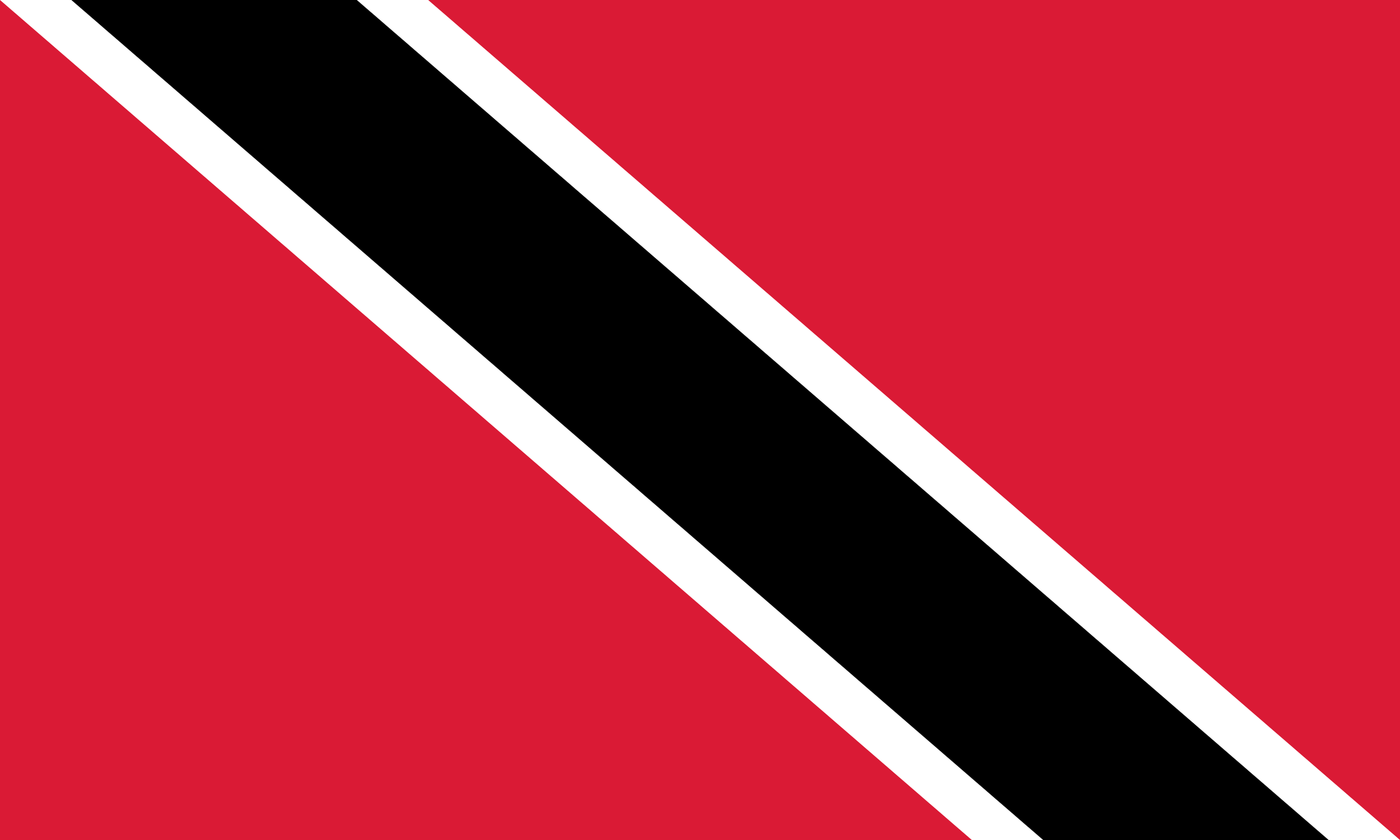
Trinidad and Tobago - 61.24
69
Caribbean petrostate
Trinidad and Tobago is unique among Caribbean countries in a number of respects. Larger both in size and population than its Antillean neighbors and smaller than Cuba, Haiti, or the Dominican Republic. Standing out from every other country in the Caribbean (save for Haiti which has no industry at all), Trinidad and Tobago’s principal industry is oil and natural gas. While tourism does contribute significantly to the country’s economy, Trinidad and Tobago is the closest thing the Caribbean will ever see to a petrostate. Additionally, the country is dealing with an unprecedented migrant crisis as refugees pour in from Venezuela. Apparently unsure how to respond, Trinidad chose the worst possible response and treated these refugees as economic migrants, subjecting them to lengthy stays in camps and often deporting them back to Venezuela. At the same time, Trinidad and Tobago suffers from many of the same issues as the rest of the Caribbean. Prison conditions are poor, the country is economically disparate, and the economy is in a general state of stagnation (in this case compounded by a stagnating oil industry). However, none of this should take away from the work that Trinidad has done to establish a free and robust democracy.
Human Rights - 57
Trinidad and Tobago has functionally abolished the death penalty; the last execution was carried out in 1999. Police generally had high impunity for brutality. An investigation of a police killing of an unarmed suspect resulted in officers being placed on desk duty. The investigation did not result in any terminations or legal ramifications for the officers involved. Investigations into police conduct in general were rare. Beatings in prison were allegedly common and prison staff did little to intervene. Trinidadian prisons were severely overcrowded and lacked adequate sanitation or ventilation. Immigration detention centers in Trinidad and Tobago had awful conditions. Venezuelan refugees were treated as economic migrants rather than political refugees (which Trinidad does not recognize), leading to lengthy stays in migrant camps. These camps were severely overcrowded and lacked adequate sanitation. These facilities were often outside, exposing migrants to the Caribbean sun. Migrants lacked adequate access to food and potable water, and disease (especially COVID-19) spread easily in these camps. Homosexuality is legal in Trinidad and Tobago but no other rights or protections are afforded. Abortion is legal to preserve the physical health of a woman.
Democracy - 89
The largely ceremonial president is elected by a simple majority in both houses of parliament while the prime minister is appointed by the president and approved by parliament. Parliament is directly elected. Elections are generally free and fair, but electoral reforms promised in 2015 were not implemented until the 2020 election. A two-party system is emerging in Trinidad and Tobago. Trinidadian politics have historically been dominated by the People’s National Movement (PNM). Recently, the United National Congress (UNC) has emerged as a legitimate challenger to the authority of the PNM and won significant seats in parliament but failed to establish a majority.
Freedom - 82
The Trinidadian government is known to withhold advertising revenue from dissenting news outlets. Bizarrely, only thirty-five missionaries from any given registered religious group are allowed in the country at any time. Possession of small amounts of cannabis was recently decriminalized, but possession of larger amounts is punishable by a fine. Trinidadian gun laws are ambiguous but guns are difficult to obtain in Trinidad and Tobago.
Economy - 57
Health - 67
Trinidad and Tobago has a life expectancy of 74 years and an infant mortality rate of 1.57%. 18.6% of Trinidadians are obese and 6.7% are malnourished. Trinidad’s universal healthcare system provides all citizens with ready access to healthcare but it is of a mediocre quality nationwide. 91.6% of Trinidadians have access to clean, running water.
Corruption - 23
Judicial verdicts are bought and sold at many levels. Police extortion is common. Public services must be bribed into action. Border extortion is rampant, and Venezuelan refugees attempting to enter Trinidad and Tobago are regularly extorted by authorities. Public contracts are impossible to obtain without bribery.
Competency - 61
The government is failing to provide for Venezuelan refugees. Trinidad’s treatment of them as economic migrants, as opposed to political refugees, is ostensibly an issue of competency, though concerns about Trinidad’s relationship with Venezuela are discussed under Actions Abroad.
Future - 45
The Trinidadian economy suffered a major blow during COVID and Caribbean stagnation means that it will likely not fully recover for some time. However, the emergence of the UNC spells a bright future for Trinidad’s democracy as it is some of the first legitimate opposition to the PNM in Trinidad and Tobago.
Actions Abroad - 66
Trinidad prides itself on its neutrality but in reality, generally sides with the United States and European Union on foreign policy issues. Despite this, Trinidad and Tobago has maintained relatively good relations with Venezuela, sparking criticism over their treatment of political refugees from the country. Trinidad is generally isolationist and maintains good relations with most countries.
3.2% of Trinidadians live below the international poverty line and 20% live below the national poverty line. 6.74% of Trinidadians are unemployed. Trinidad has a high economic disparity. The minimum wage in Trinidad is $2.21 per hour. Trinidad and Tobago has a decent universal healthcare system, but public hospitals offer generally mediocre quality care and the country is short on professionals. Most wealthy Trinidadians seek out private health insurance. The Trinidadian economy shrunk 7.8% in 2020 and grew 1.2% in 2019.
